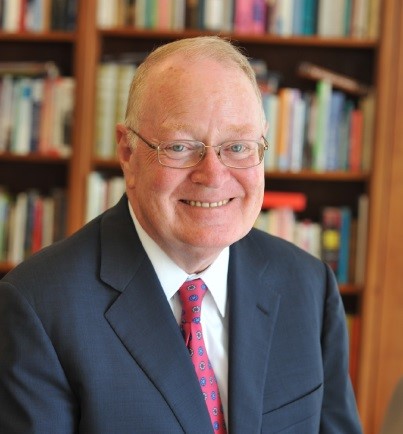| July 2015 |
| |
| Dear fellow members of the Columbia community: |
| |
| As President Bollinger recently observed, Columbia has reached a pivotal moment, long in the making. Over the next few years, our Manhattanville campus will come to life as the Jerome L. Greene Science Center, the Lenfest Center for the Arts, the University Forum conference center, and two Business School buildings are completed. Many more Columbians will join the faculty and staff who already live and work in existing Manhattanville buildings – Studebaker, Prentis, Nash and 560 Riverside – as part of this vibrant new center for research, teaching and community engagement. This institutional development will also allow us to use crucial newly freed space on the Morningside and Medical Center campuses for other academic purposes. Together with our successful endowment campaign that supports financial aid and new faculty chairs, as well as capital improvements, no other achievement of recent years will do more to secure Columbia’s future as a top-tier global research university.
|
| |
| While we continue to build the University’s future, we must sustain and enhance excellence in research and teaching across the University in the here and now. To meet this central challenge, the Office of the Provost has enlisted the continuous participation of faculty committees and advisers on a host of programs and initiatives during the past year. This has included granting tenure to outstanding colleagues and recruits; expanding our commitment to faculty diversity and inclusion; conducting rigorous reviews of major academic units; improving faculty housing policies; implementing incentive programs for faculty retirement and retiree quality-of-life; preventing and responding to gender-based misconduct with enhanced policies, professional staff, and data; and supporting a variety of cross-school initiatives that pursue important areas of new knowledge across traditional academic boundaries. We also have been laying the foundation for a University-wide Center for Teaching and Learning to be launched in the fall that will not only provide the core technology expertise for developing digital course materials, but also support improved instruction in all its forms. |
| |
| By every measure of academic success, Columbia continues to make enormous strides. This Year-End Report provides some detail on all these activities, with occasional reference to documents and data available from relevant University websites. |
| |
| As I begin my fifth year as the University’s Provost, I most want to thank the faculty colleagues who have contributed so much to the University through service on search, research and policy committees. Faculty governance is the vital core of any great research university, from departments, divisions, and schools through university-wide bodies. I also want to thank the exceptionally distinguished and capable deans and department chairs of Columbia’s schools and faculties, who make most of the tough decisions that advance the excellence of the institution. They – and I – have been empowered by a University President whose strategic vision has placed the University in a position of academic leadership and forward momentum unlike any in our recent history. |
| |
| Finally, a word of appreciation to the superb staff of the Office of the Provost, which now includes active faculty serving as vice provosts alongside full time administrators, and whose collective efforts have accomplished so much to modernize and improve the work we do for the University. |
| |
| Best wishes for a happy and productive summer,
John H. Coatsworth |
| Provost
|
|
|
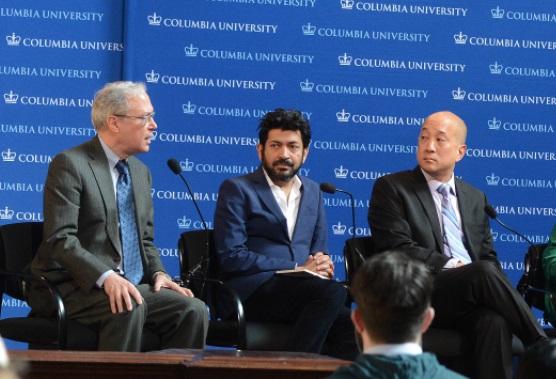
|
|
FACULTY AFFAIRS
Columbia welcomed 273 new faculty to campus last year, in fields from physics to philosophy to political science, and architecture to dental medicine. New faculty included medical clinicians whose research shapes the care of their patients, and professors of professional practice...READ MORE
|
|
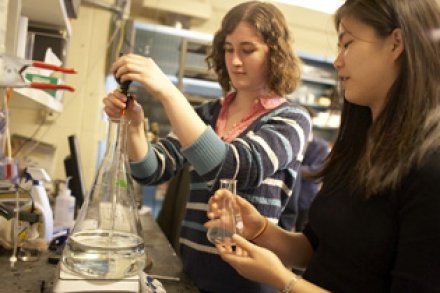
|
|
ACADEMIC PROGRAMS
Over the past year, Columbia introduced ten new academic programs, including a new dual degree program leading to the M.D./M.S. in Biomedical Sciences; a first-ever stand-alone M.A. degree in Economics; and a novel Global Executive M.P.A. program delivered in part...READ MORE
|
|
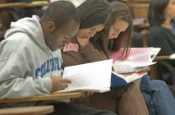
|
|
THE CLASSROOM EXPERIENCE
Last September, the Provost’s Faculty Advisory Committee on Online Learning, chaired by David Madigan, issued its first report. The main focus of the report is on enhancing the experience of Columbia’s students in both residential and online settings, and on the role...READ MORE
|
|
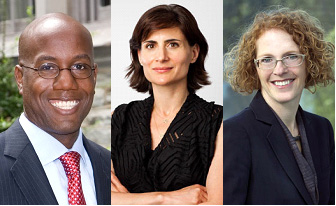
|
|
NEW LEADERSColumbia’s newest dean, Jason Wingard, took up his post on July 1. Jason leads the School of Continuing Education, where he will develop new programs for lifelong learners, and strengthen SCE’s ties with schools across campus. He joins two deans who began earlier...READ MORE
|
| |
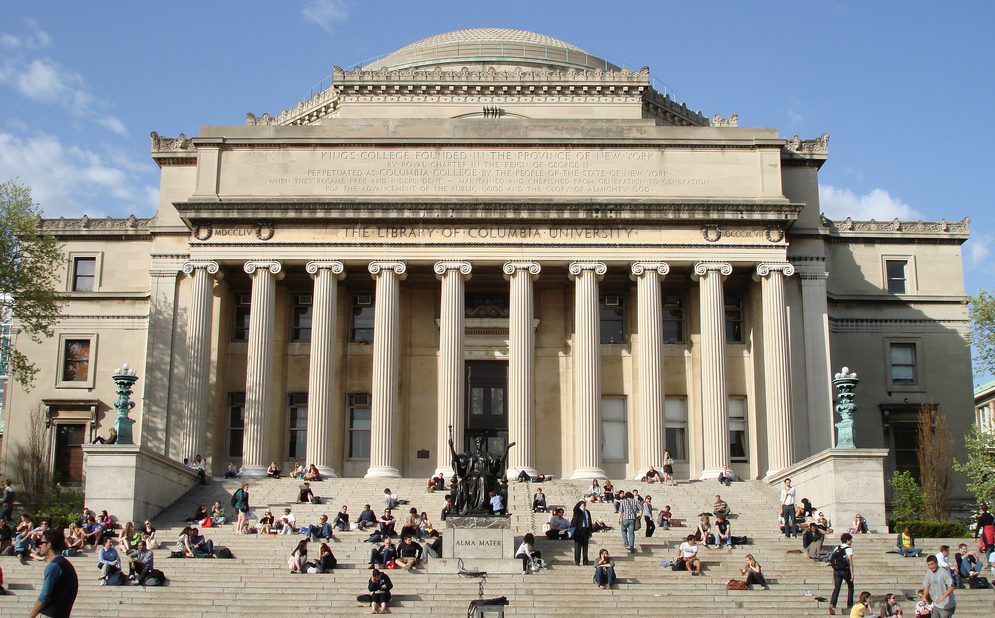
|
|
CAMPUS CLIMATE In April, the University announced a new three-year $33 million commitment to continue our efforts to expand faculty diversity. The previous phase of the initiative, announced in 2012, supported searches that have led to 25 new tenure and tenure-track faculty appointments...READ MORE
|
| |
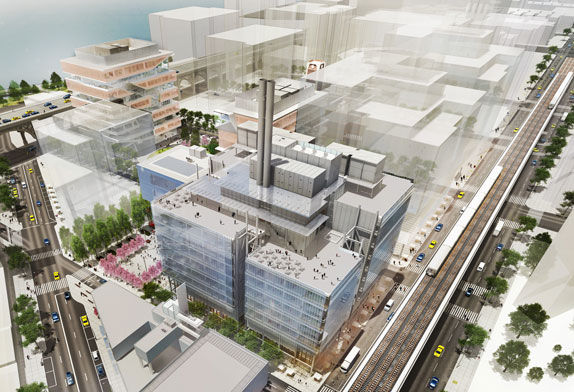
|
|
CAMPUS SPACE
The past year has seen the first buildings on our Manhattanville campus rise from the ground. The first two are slated to open toward the end of 2016. These buildings are the Jerome L. Greene Science Center, where the faculty of the Mortimer B. Zuckerman Mind Brain...READ MORE
|
|
MISSION |
The President of the University defines the mission of the Office of the Provost. The mission President Bollinger has assigned includes the following priorities:
- Supporting the recruitment, development, and retention of an outstanding, brilliant, and diverse faculty;
- Promoting excellence in research and teaching throughout the University;
- Encouraging the study of critical issues and problems confronting society;
- Monitoring and improving the quality of academic programs through rigorous reviews and by helping schools, institutes, and other units to mobilize and manage their resources effectively;
- Fostering cross–school collaboration and coordination in research, teaching, and service to fully engage the intellectual synergies of the University’s faculty and students and to push forward the frontiers of knowledge.
This report summarizes many of the activities of the Provost’s Office in serving this mission during the 2014-15 academic year. Members of the community are invited to send questions, comments, or suggestions to provost@columbia.edu. |
|
|
|
|

